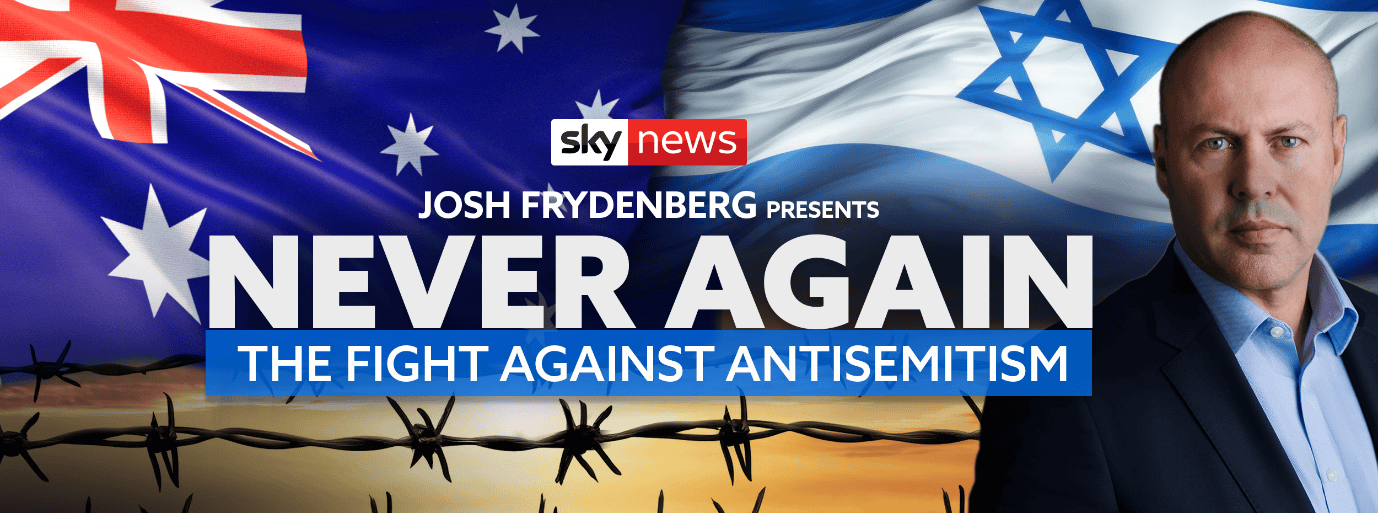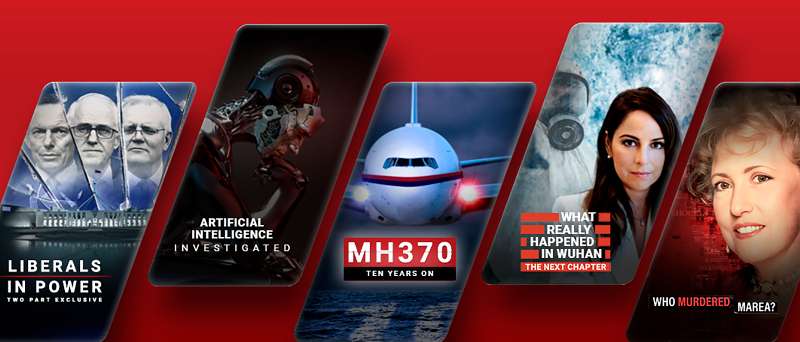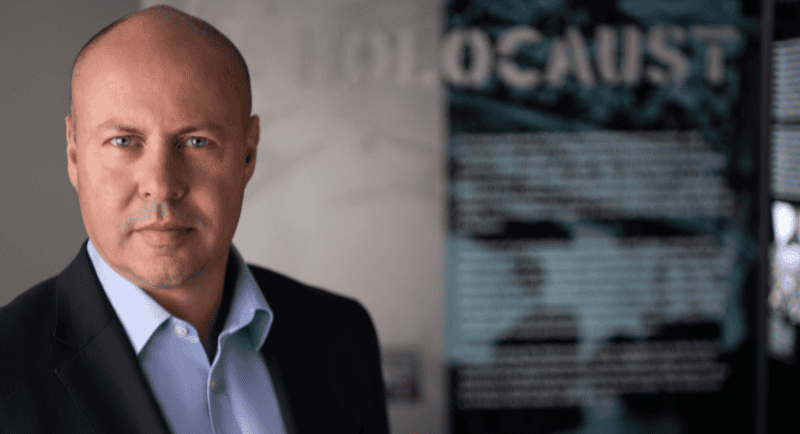Josh Frydenberg was a guest on Sharri Markson’s Sky News Australia program last night. It was the former federal treasurer’s first major interview since disappearing from public life. During his appearance, it was revealed he has been working on a documentary for the news channel.
Frydenberg told Markson: “Like so many Australians, I have been shocked by the speed and the scale in the rise of anti-Semitism after October 7. Many Australians don’t know how bad and how dangerous the situation is today. I wanted to use my voice to ring the alarm bell.”
Later in the night, Paul Murray also shared the news with his 9pm audience.
See also: Chris Uhlmann joins Sky News as political contributor
To be hosted by Frydenberg, the one-hour documentary is called Never Again: The Fight Against Antisemitism.
It will examine what Frydenberg calls an alarming rise of antisemitism in Australia and its impact on the country and democracy. For him, this issue goes beyond politics.

From the steps of the Sydney Opera House to the heartland of Melbourne’s Jewish community in Caulfield, Sky said the documentary will track an escalation of antisemitism.

Frydenberg will examine the issue with prominent Australians. Never Again: The Fight Against Antisemitism features interviews with Prime Minister Anthony Albanese and Opposition Leader Peter Dutton, former prime ministers John Howard and Julia Gillard, Olympic champion and former senator Nova Peris, former governor-general Peter Cosgrove, and award-winning Australian music artist Deborah Conway and survivors of the Holocaust.
Josh Frydenberg said: “Since the attack on October 7 antisemitism in Australia has reached an unprecedented and dangerous level. Red lines have been crossed and a green light given to what clearly is unacceptable conduct. This is a time our leaders need to show courage and moral clarity, taking stronger and more decisive action to call out and stamp out antisemitism in Australia.”
Never Again: The Fight Against Antisemitism also takes a close look at radicalisation in the community and how antisemitism has been allowed to take hold. Frydenberg also asks what needs to be done to stop it.
